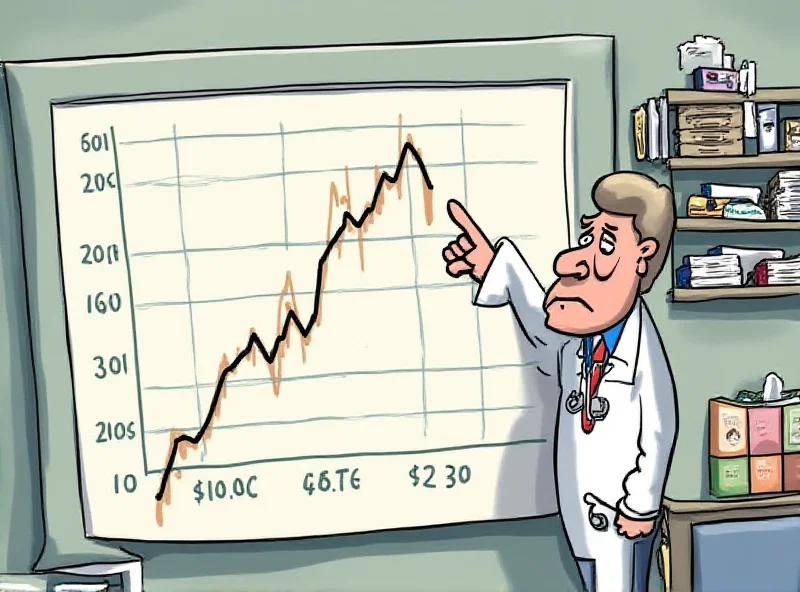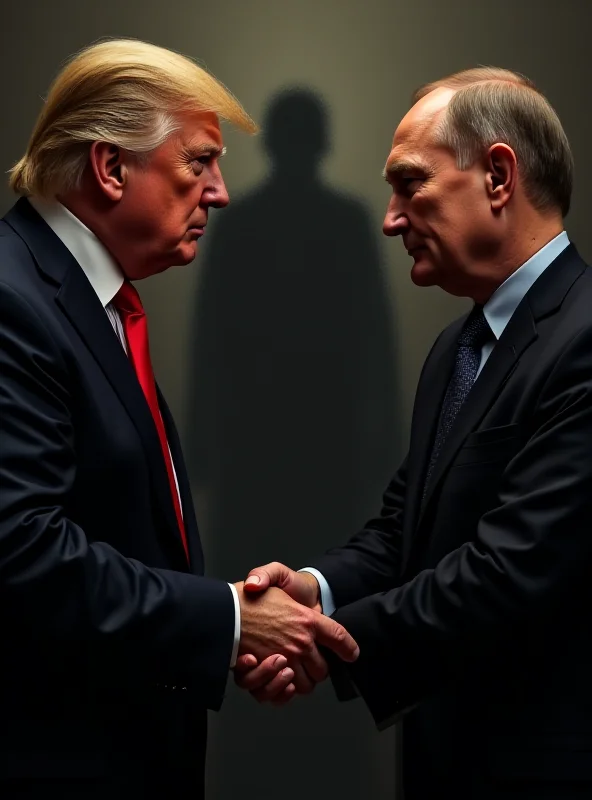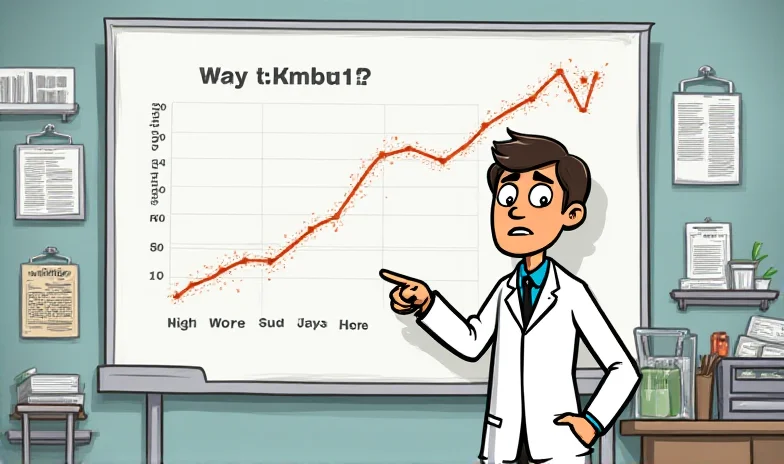The political landscape surrounding Donald Trump continues to evolve, marked by shifts in Republican ideology and controversies surrounding his foreign policy stances. From healthcare to abortion rights and international relations, Trump's influence is reshaping the political narrative.
Healthcare and the Republican Party
Traditionally, the Republican Party has advocated for minimal government intervention, particularly in healthcare. Government regulation of healthcare prices was once considered anathema to most Republicans. However, a notable shift is occurring, especially among Trump voters. They are increasingly open to reconsidering the role of government in regulating healthcare costs, indicating a potential realignment of Republican priorities.

This change in perspective suggests a pragmatic approach to addressing rising healthcare costs, even if it means deviating from long-held Republican principles. Whether this trend will solidify into a permanent shift remains to be seen, but it signifies a significant departure from the party's traditional stance.
Abortion Rights and Legal Battles
The Trump administration is reportedly preparing to drop a lawsuit that pushed Idaho to allow emergency abortions. This lawsuit, initially filed by the Biden administration, highlights the complex and often contradictory positions surrounding abortion rights. The decision to drop the suit signals a strategic shift, potentially reflecting broader political considerations within the Trump camp.
Foreign Policy and Allegations of Betrayal
Trump's foreign policy decisions have drawn considerable criticism, particularly his perceived alignment with Vladimir Putin. Accusations of betrayal of Western interests have been leveled against Trump and figures like J.D. Vance, alleging that their actions undermine Western alliances and support authoritarian regimes. This criticism underscores the deep divisions in American foreign policy and the controversial nature of Trump's approach to international relations.

"Trump and Vance in a gross betrayal of the West."
The suggestion that Trump is "rooting for Putin" reflects a growing concern among critics who believe his policies are detrimental to Western democracies and embolden autocratic leaders. These allegations highlight the high stakes involved in foreign policy decisions and the potential consequences for international stability.
The Theme of Vengeance
Finally, the recurring theme of "vengeance" in discussions surrounding Trump suggests a focus on retribution and settling scores. This perception fuels concerns about the potential for abuse of power and the erosion of democratic norms. The idea of an "imperial presidency," driven by vengeance, raises serious questions about the future of American governance.

These multifaceted developments paint a complex picture of the political landscape under Trump's influence, marked by ideological shifts, legal battles, and accusations of foreign policy missteps. The coming months will undoubtedly reveal more about the long-term implications of these trends.
